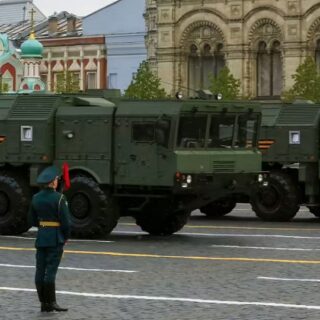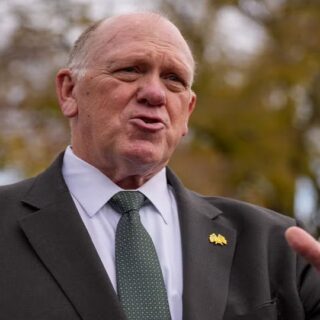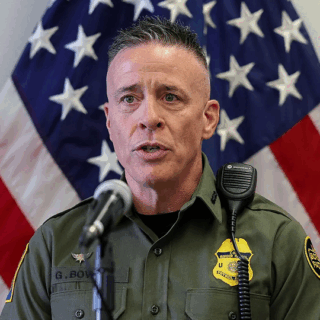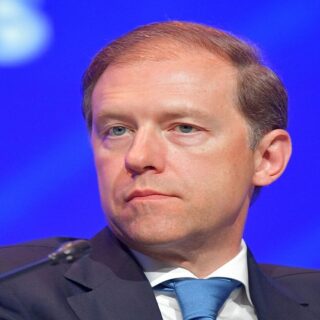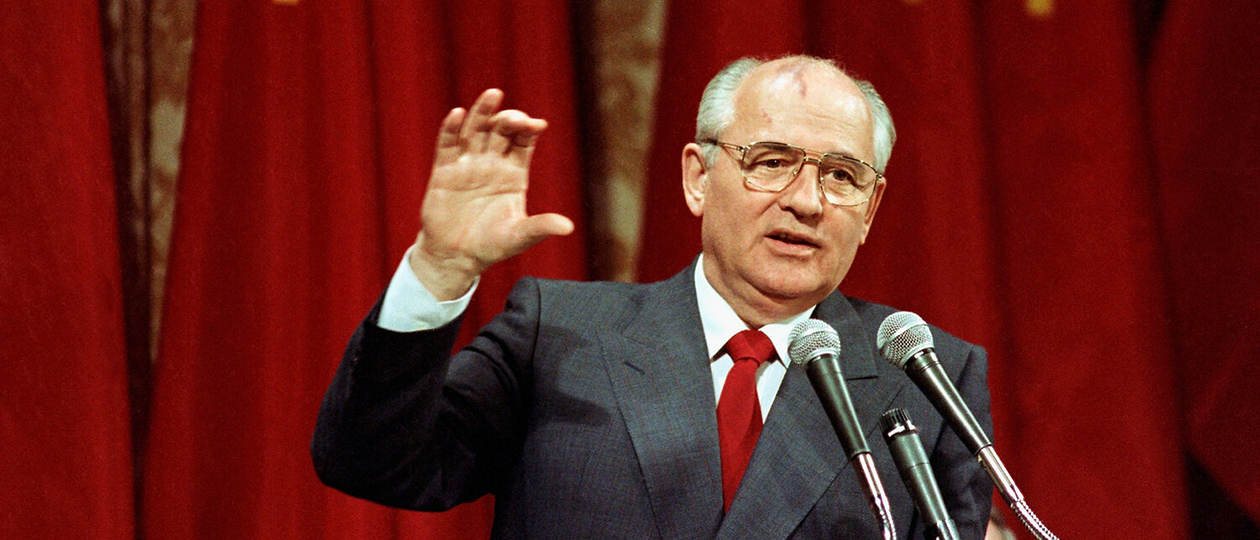
As I mentioned recently in my The End of an Era previous piece, in October of 1990, I got an offer to head the Presidential Information Service (PIS) post, reporting directly to Valery Ivanovich Boldin, Chief of Staff of the USSR President Mikhail Gorbachev.
Each morning we would prepare digests of the latest mass media publications, followed by noon and early evening summaries of the most important news, based on reports by leading government agencies. I submitted these documents to Boldin who transmitted them to Gorbachev.
In early August 1991, I took a couple of weeks off to spend the vacation together with my youngest son at a government resort in Valdai National park.
On the morning of August 19th, on our way to the dining room, we saw a crowd of other vacationers in front of a TV set in the lobby. In sullen silence, they were listening to the news that a State Emergency Committee (GKChP) assumed full power in Moscow because of Gorbachev’s presumable poor health.
After breakfast I placed a phone call to my deputy Yuri. He couldn’t add anything of substance and only said that at Kremlin everything was going on as usual.
Nevertheless I decided to return to the capital immediately, using my own vehicle. I wrote a statement of my intention to terminate the vacation and submitted it to resort’s GM. He signed it and with obvious satisfaction made a peculiar comment on Gorbachev’s dismissal: “At last!”
His remark sounded unexpectedly as I never met this person before. Still, it was quite comprehensible: lots of us who worked at Gorbachev’s office had long felt perplexed by the way he governed the USSR, prompting the great philosopher and writer Alexander Zinoviev to rename Gorbachev’s official course of Perestroika into Catastroika.
On our 8-hour long trip to Moscow we listened to the car radio anxiously. No matter which station I turned on, all of them repeated the same announcement by the State Emergency Committee ad nauseum.
Finally it prompted me to say this to my 15-year old son: “These people must have never read Vladimir Lenin’s books. Instead of providing clear explanations of why they seized power and what they intend to do next, they make us listen the same text over and over again. It does not bode well at all…”
Early in the evening the same day we got home, right before the TV broadcast of the press conference launched by eight leaders of the GKChP. Once again it was a total flop.
Next morning I resumed my usual duties at Kremlin. As soon as I entered the main office building, where the PIS was located, too, I noticed that it was unusually empty.
Anyway, I went to my desk and started reading incoming reports from leading government agencies.
Judging by these documents, by August 20th the situation in most of the Soviet republics remained stable, while information from Ukraine and the Baltics indicated that local leaders were hesitant, thinking about possible return to Kremlin’s fold.
Cables from Soviet ambassadors in leading Western countries were quite noteworthy, too. The day before, following the instructions from new Kremlin leadership, they met with local Presidents and/or Prime Ministers, and shared with them the information about the State Emergency Committee.
The reaction in Washington, London, Paris and Bonn essentially was the same: local governments emphasized that first and most of all they were interested in internal stability of the USSR.
By lunchtime, as usual, our initial report for the chief of state was ready. I took it to Boldin’s office where I found out that Valery Ivanovich was sick and stayed at home. At that moment, I did not know yet that two days before, Boldin, along with three leaders of the State Emergency Committee, had met with Gorbachev in Crimea where they had failed to get his approval for their plot.
Perplexed, I shared my concern with the duty officer: “Valery Ivanovich is my only supervisor, and there’s no one else whom I could ask how we should proceed from now on. Whom should we submit our reports to under the circumstances?”. “Leave them with me for the time being”, responded the duty officer.
I went back to our office and suggested to Yuri to have lunch outside of the Kremlin, at the nearby Central Committee canteen. Similar to the Kremlin, it was half empty while rare visitors were unusually reserved and taciturn.
After lunch, we went to the cafeteria, famous for its espresso. The spacious room was completely empty, with just a solitary visitor sitting in the farthest corner. All of a sudden he rushed towards us and shook our hands, looking both of us in the eyes and demonstrating his goodwill in every possible way.
That was Genrikh Borovik, a famous Soviet writer, journalist, TV commentator, film maker and playwright. But what brought him to the Central Committee headquarters?
Reasons for his behavior became clear right away when he peppered us with questions of what was going on in the Kremlin. We could hardly satisfy his curiosity, though, since we were completely in the dark, too, at the moment. As soon as Borovik realized our uselessness he disappeared. Yuri and I looked at each other and asked in one voice: “Are you acquainted with him?”
It turned out that my deputy had met Borovik at the Central Committee a couple of years ago, while I had known him since the 70s, when we both worked at the Novosti Press Agency. “He’s got quite a remarkable memory!”, I blurted out. And Yuri remarked with a sneer: “He is doing his best to find out which way the Kremlin winds are blowing now…”
Two days later, the State Emergency Committee ceased to exist, and Gorbachev returned from his Crimean resort to Moscow. No matter how hard he tried to keep his former aplomb, it became clear to everyone that he turned into a naked king. This became evident firstly in a TV report when Gorbachev succumbed to Boris Yeltsin’s demand to sign a decree outlawing the CPSU.
And a couple of days later in still another TV report, aired all over the USSR, Gorbachev allowed Borovik’s son Artyom, who followed his father’s journalistic footsteps, to pat him on a shoulder.
Valery Boldin never returned to the Kremlin as he was arrested and ended up behind bars along with other GKChP members. He was replaced by Grigory Ivanovich Revenko, former First secretary of the Kyiv regional committee of the Communist Party of Ukraine.
At a general meeting of Gorbachev’s staff members Revenko made it clear that the USSR President hoped to retain a status similar to that of the Queen of Great Britain, i.e. to reign rather than rule. Meanwhile, the whole country began to change tires on the fly, but that’s another story…


